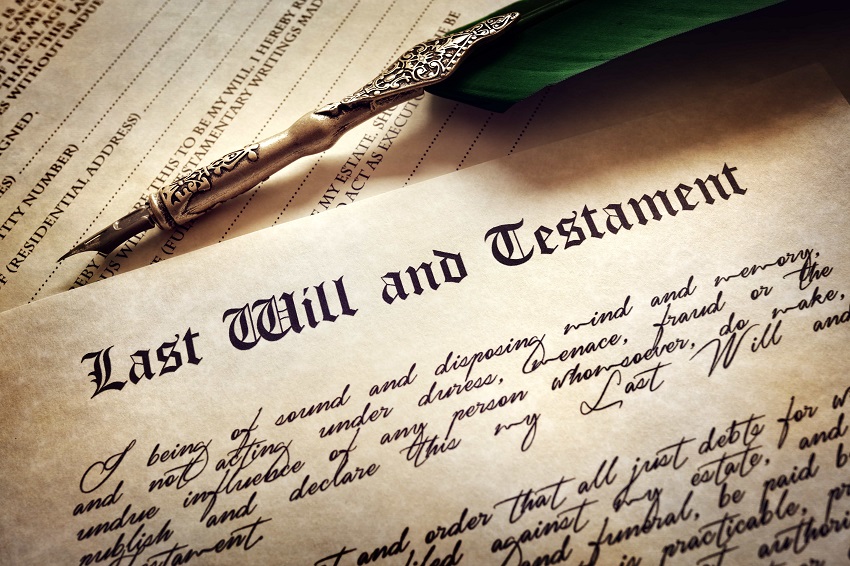The formal requirements for a valid Will in England and Wales set a high standard. Section 9 of the Wills Act 1837 sets out the requirements for a testamentary document to be suitable evidence of the testator’s wishes and for the Will to be admissible to Probate.
The key requirements set out in the Act are:
- The Will must be written;
- The Will maker must be over 18 years of age (except for some limited exceptions applying to military personnel and seamen);
- The document has to be signed by the Will maker, or signed by another person on their behalf and under their directions;
- The Will maker must have intended to give effect to the Will; and
- The Will maker’s signature must have taken place in the presence of two witnesses, who also signed in the presence of the Will maker.
Failure to meet these requirements can open the door to a dispute about whether the document is valid. Failure could be grounds for the Will to be declared invalid. If a Will is invalid, then an earlier Will may come into effect, or the estate may be subject to the intestacy rules which prescribe how an estate is to be distributed and which may not reflect the Will makers wishes.
A recent Will validity dispute that received a lot of media coverage is that of the British Airways Pilot Chris Burgess and his two sisters Jennifer Penny and Catherine Kennard. In that case, their parents made Wills in 2012 that left their wealthier son 20% of their estates, and each of the less financially stable daughters 40%. However, after the father passed away, Chris began providing care for his mother Freda, particularly in the last days before she passed away. During this period, Freda came to believe that estate split was unfair to her son, and so in 2013, she made a new Will splitting her estate equally between her three children.
After making her new Will, Freda also tore up the earlier Will she had made with her husband in 2012. In court, the daughters argued that the last Will was invalid as it had not been properly witnessed. Evidence was put before the court that one of the witnesses did not actually see Freda sign her Will. The failure of a witness to be present and have seen the Will maker sign would mean the Will had not met the requirements of the Wills Act 1837 as outlined above.
On this basis that the witness had not been present at the requisite time, the 2013 Will was declared invalid. Unfortunately for the sisters, the Court also determined that the 2012 Will (which had given them a greater share) had been revoked by the deceased’s decision and actions to destroy it.
The result was that the estate was subject to the intestacy rules and so split equally between the children in any event.
When Wills are such important documents setting out directions for how a person wants their estate to be dealt with, it is little wonder that the current formalities set such rigorous standards. The requirements provide protection to try to ensure that the document is a true representation of the Will maker’s wishes. Courts are often hesitant to declare Wills invalid, but they must do so where there is sufficient doubt as to the veracity of the document and where the formal requirements have not been complied with.




















One Response
I hate greed. The sisters in this case, who appear to have done little for their mother have had their just desserts!